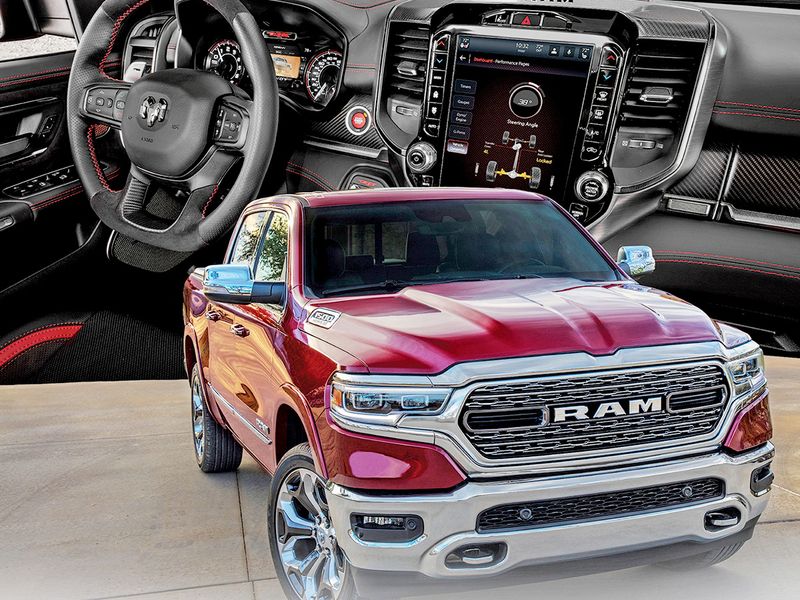
When the pandemic began last year, Fiat Chrysler Automobiles reviewed its manufacturing processes and work stations to ensure employees would be safe while still churning out quality vehicles.
FCA had a stellar showing in 2020’s J.D. Power Initial Quality Study, with Dodge becoming the first domestic brand to lead the rankings and Ram jumping to third place from below average previously. To keep that momentum going, the company would have to adjust to a health crisis that reshaped the factory environment — and based on this year’s study, it did just that.
Ram claimed the No. 1 spot for the first time, followed by Dodge in second place. Jeep joined its stablemates in the upper tier by moving up three spots to a tie for eighth.
The success was a product of both vehicle design and discipline in the assembly plants, said Mark Champine, head of North America customer experience at Stellantis, the entity formed by FCA’s January merger with PSA Group.
“If you have great design to begin with, you don’t have the risk of manufacturing variation, so I think that is a strength,” Champine told Automotive News. “It also is the robustness in our manufacturing plants. When we look at how our manufacturing plants performed, we continue to show progress with a number of our plants improving their competitiveness.”
Stellantis now will look to build on its quality gains as it forges ahead with plans to electrify its product portfolio, a move that presents new challenges. Ram is coming out with its first battery-electric pickup in 2024, the same year Dodge will debut its electric muscle car. Jeep plans to introduce its first fully electric model in 2023.
Ram CEO Mike Koval Jr. said the brand knows EV buyers have high expectations. He said the truckmaker “will fully develop our technology and deliver it at the right time as we look to redefine the segment once again.”
Stepping into the world of EVs opens Stellantis up to a demanding consumer base, said Dave Sargent, vice president of automotive quality at J.D. Power.
“Everybody’s struggling a little bit with EVs,” Sargent said.
“The manufacturers tend to load their EVs with a lot of technology, some of which [is] related to the fact that it’s an EV, some isn’t. … They’re trying to attract tech-minded people who want all of this stuff. That can be problematic. There’s more to go wrong.”
Sargent said automakers are in a difficult position because they want to get electric models to market quickly to meet investors’ expectations, yet getting them ready can take time. “It will be a challenge for them, like it is for everybody,” he said of Stellantis.
At the same time, electrification can remove some complexity in a vehicle and eliminate parts that often are a source of quality problems. Champine said being proactive and identifying potential problems before beginning production will be critical to EV launches.
“Whenever you’re launching something new, you have to be very conscious of what it’s going to take to be successful at launch,” Champine said.
“And I would say our efforts have been focused on launching better by proactive initiatives, looking at product design, robustness, understanding process risks early and addressing those risks before we start production, as well as really good reactive measures.”

